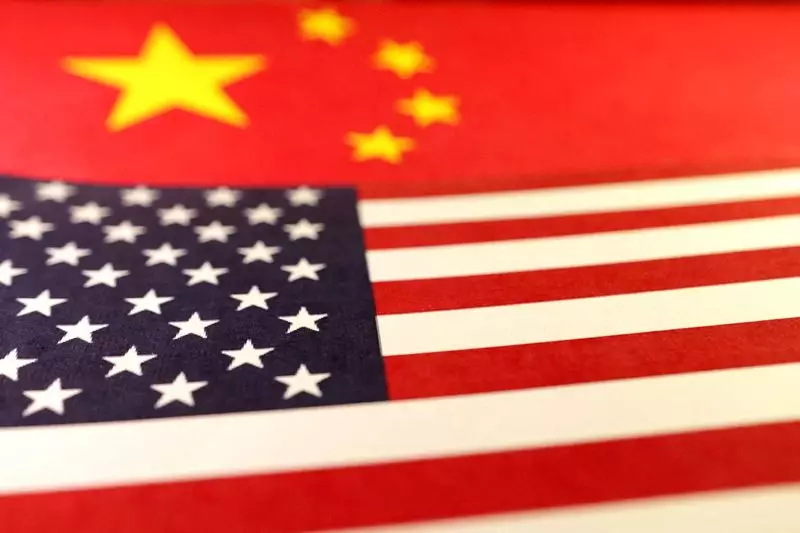A recent survey from the American Chamber of Commerce (AmCham) in China highlights a concerning trend among American businesses operating in the country. As geopolitical tensions continue to escalate between the United States and China, a notable 51% of surveyed companies express apprehension over the potential decline in bilateral relations—a figure that represents the highest level of concern seen in five years. This growing anxiety is emblematic of a broader sentiment within the American business community, which is increasingly wary of the volatility that characterizes the U.S.-China dynamic.
The survey results emerged shortly after former U.S. President Donald Trump’s inauguration for his second term. His administration has hinted at imposing additional trade tariffs on Chinese imports, igniting fears that an already strained relationship could worsen. Such developments suggest that American businesses are not simply reacting to the political landscape; they are acutely aware that their operational frameworks could be jeopardized by new trade policies, uncertain regulations, and the ever-present specter of economic warfare.
Alvin Liu, the Chair of AmCham China, emphasizes the importance of a stable and constructive relationship founded on economic ties for the prosperity of both nations and for global economic stability at large. This statement underscores the reality that tensions between the two largest economies in the world extend beyond the borders of their respective countries—affecting global markets, supply chains, and economic forecasts. The atmosphere of uncertainty generated by persistent trade disputes and instrumental geopolitical posturing creates an environment that is less conducive for investment and growth.
While nearly half of the respondents still regard China as a premier destination for investment, this percentage has not translated into unmitigated optimism. In fact, there has been a marked increase in the number of companies that no longer consider China a primary investment destination, with this figure more than doubling to 21% compared to pre-pandemic levels. The persistent concerns about unfair treatment—particularly regarding market access and public procurement—further complicate the investment landscape, creating barriers that inhibit fair competition and economic collaboration.
The American business community in China stands at a pivotal juncture, grappling with rising concerns regarding future relations between the two countries. As political rhetoric intensifies and economic pressures mount, companies must navigate an increasingly complex environment. The survey reflects not only a moment of introspection for American businesses but also serves as a bellwether for a broader economic outlook. The critical challenge for American firms will be to adapt and strategize amidst an atmosphere fraught with uncertainty, while advocating for a balanced relationship that fosters mutual growth and economic stability.

